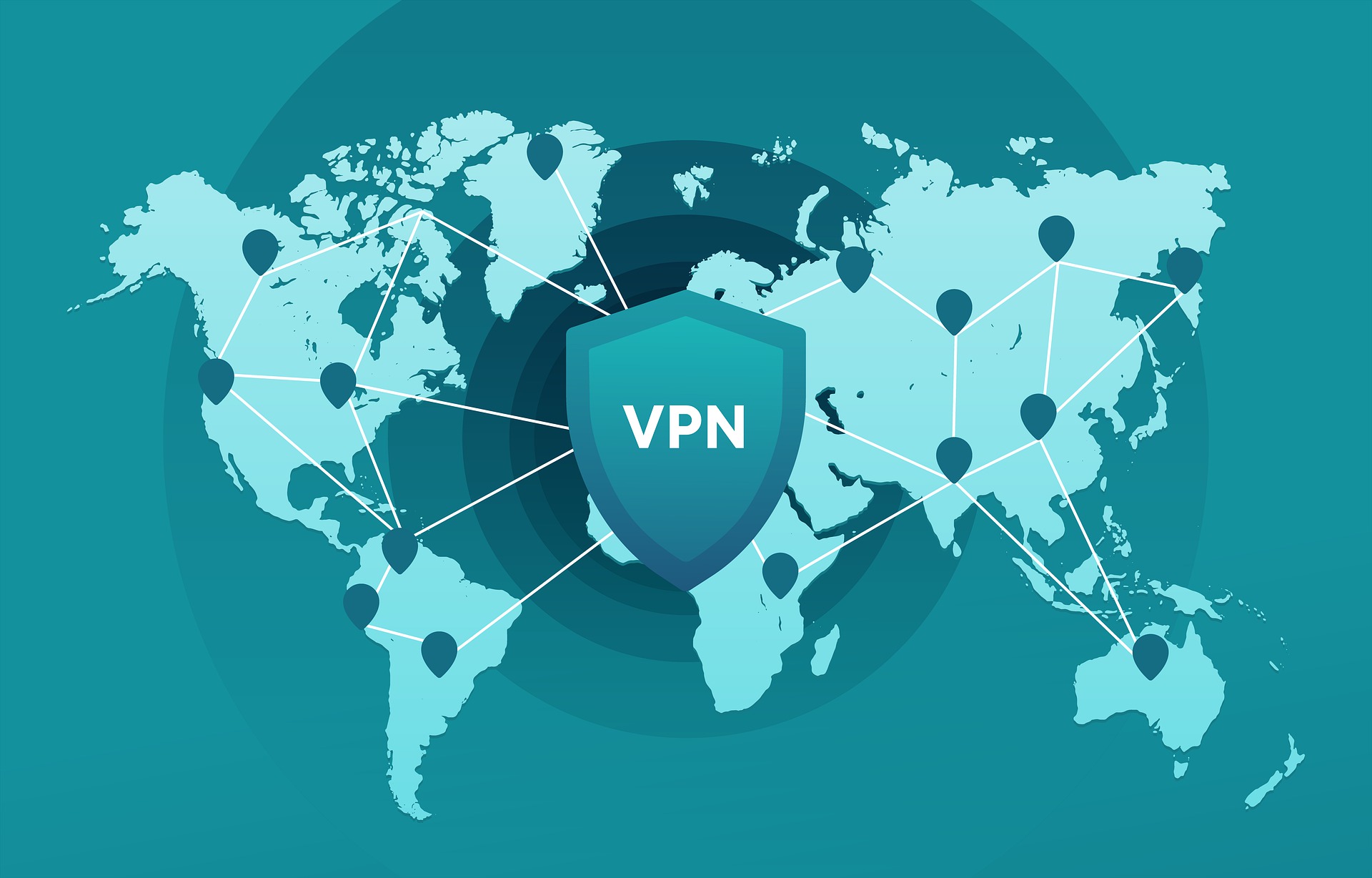The Complete Guide to VPNs and How They Can Protect Your Privacy Online
How to set up and use a VPN? Something that most people be considering nowadays if you are browning online every day- and let’s be honest that’s the majority.
If you want to keep your online activities secure and private, then you’ll need to set-up a VPN. A VPN is an online security and privacy solution that gives you tunnelled, encrypted access to the public Internet (and it’s also typically more secure than your average home WiFi).
The article will cover what a VPN is, how to set one up for your computer, phone, or tablet, and why you should want a VPN in the first place.

What really is a VPN?
A VPN, or Virtual Private Network, allows you to create a secure connection to another network over the Internet.
VPNs can be used to access region-locked content, like Netflix or BBC iPlayer from outside of their country of origin, or to securely connect to your work network from home.
Setting up a VPN is usually a simple process: you install the VPN client software on your device and then connect to a server run by the VPN provider. Your traffic is then routed through the server, ensuring that all data is encrypted and safe from prying eyes.
There are many reasons why you might want to use a VPN. Maybe you’re worried about online privacy or security, or maybe you need access to region-locked content.
Whatever your reasons, VPNs are an easy and effective way to improve your online security and privacy.
Why Use VPNs?
In our increasingly connected world, it’s more important than ever to keep your data safe and secure. A VPN, or virtual private network, is a great way to do this.
A VPN encrypts all of your traffic and routes it through a secure server, making it impossible for anyone to eavesdrop on your activities.
A virtual private network (VPN) is a technology that creates a secure connection over a less-secure network, such as the internet.
There are many reasons why you might want to use a VPN. For example, you may want to:
- Access regionally restricted content
- Hide your real IP address and location from websites and online trackers
- Avoid being monitored by your Internet Service Provider
- Connect to public Wi-Fi hotspots without fear of prying eyes through the network
- If you’re concerned about online privacy, or you need to bypass government censorship
What are the Different Types of VPNs?
There are many different types of VPNs, but they all have the same goal: to keep your data safe from prying eyes. The most popular type of VPN is a paid subscription service, which usually costs around £6-£12 per month.
There are also free VPNs that you can use, but they often come with a catch – they may be slower or have limited bandwidth. There are many VPN providers available in the market, but not all of them are reliable. So, it is important to do some research before choosing one.
VPN providers
If you’re looking for the best VPN providers, there are a few things to keep in mind. First, make sure the provider offers a variety of server locations.
This way, you can connect to a server that’s close to your physical location, which will minimize latency.
Second, look for a provider with robust security features. This includes strong encryption and a no-logging policy. Third, make sure the provider offers a good selection of protocols.
This way, you can choose the protocol that’s best suited for your needs. Finally, check the provider’s pricing and see if it’s within your budget.
With these considerations in mind, let’s take a look at some of the best VPN providers:
- ExpressVPN is one of the most popular VPN providers and for good reason. It offers a robust selection of server locations, strong security features, and affordable pricing.
- NordVPN is another excellent choice for a VPN provider. It also offers a robust selection of server locations, strong security features, and affordable pricing.
- CyberGhost is another excellent option for those looking for a VPN provider. It has a good selection of server locations and protocols, great security features, and reasonable pricing.
It’s worth doing a bit of investigating yourself to see which one suits you the best.
Step-by-step guide on how to install a VPN and set it up
If you’re looking to protect your online privacy VPN is a great way to do it. So how do you set one up? installing a VPN on your computer or mobile device is pretty easy. Just follow these steps:
- Choose a VPN provider. There are many different VPN providers out there, so make sure to do your research and choose one that suits your needs.
- Sign up for an account with the provider and download the VPN software.
- Install the software on your device and launch it.
- Connect to a server of your choice and start browsing!
That’s it! Your internet traffic will now be encrypted and routed through the VPN server, keeping your identity and data safe from hackers, government surveillance, and other third parties.
If you’re considering a VPN for your business, get in touch with our knowledgeable team at Techfident!
Techfident is dedicated to providing IT solutions that will help you to be confident in your technology. Get in touch today!




